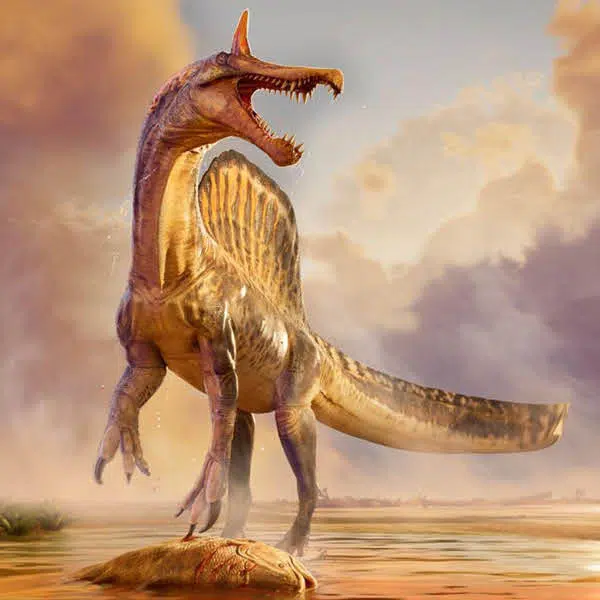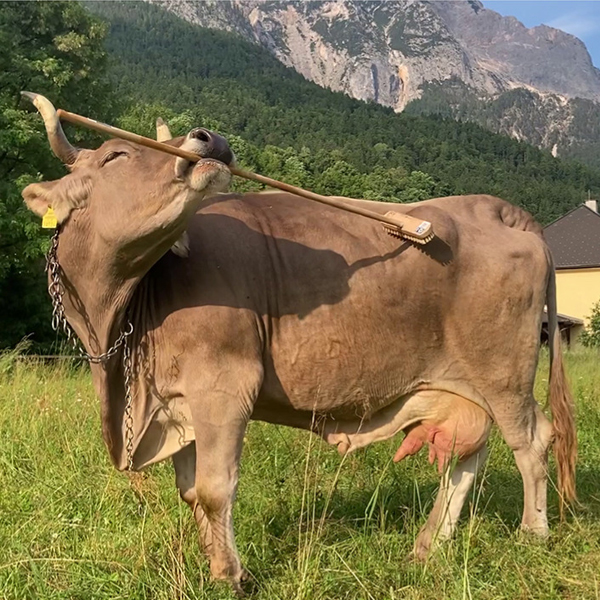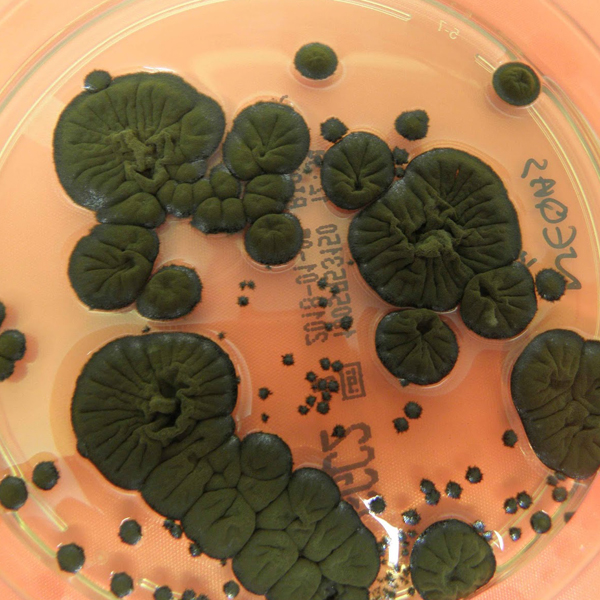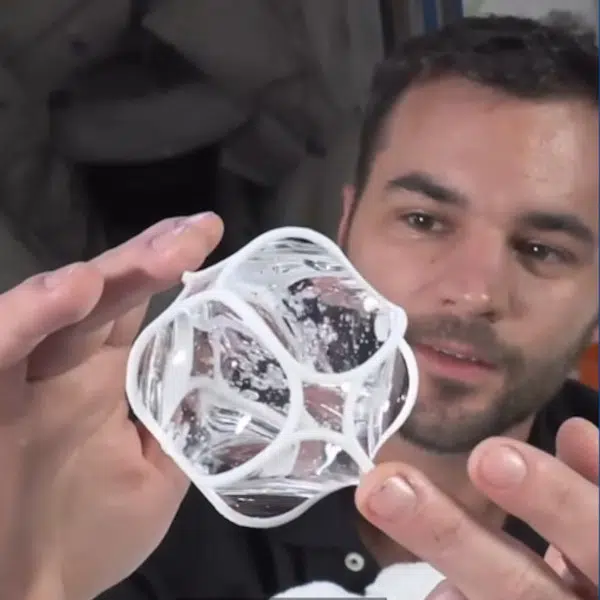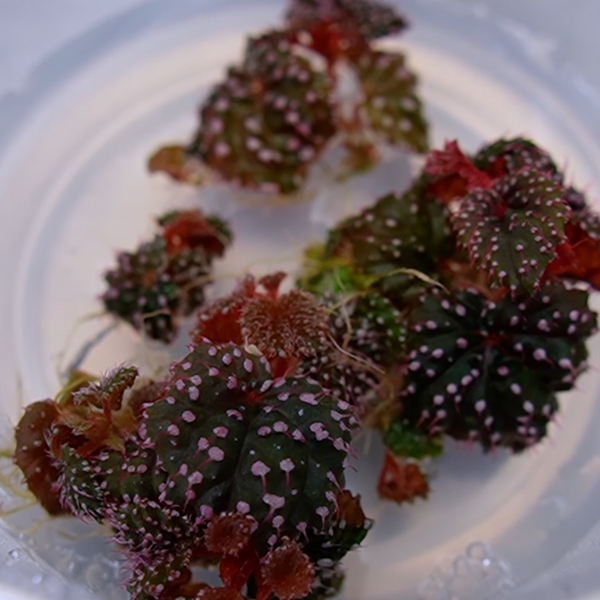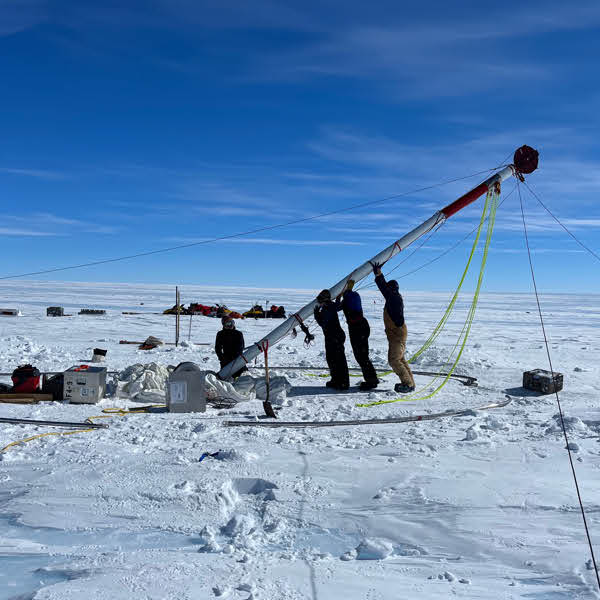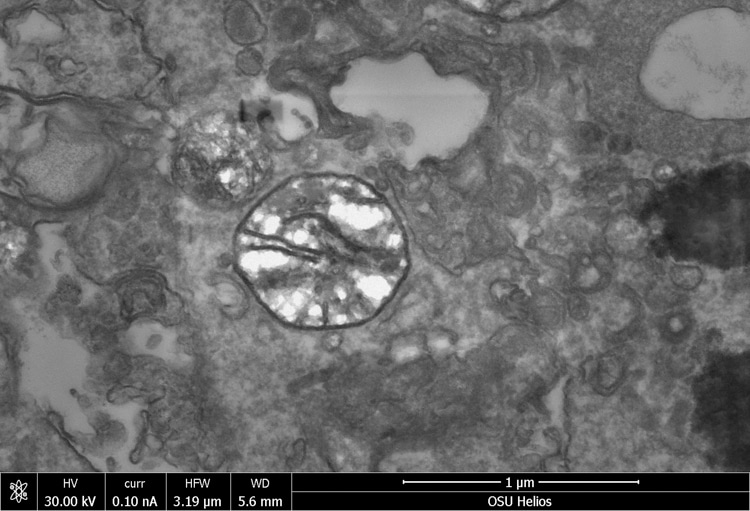
Photo: Stephen Atkinson (CC BY 4.0)
Water, food, and oxygen are the most basic elements needed to sustain life. Since their discovery, water bears, or tardigrades, have defied that fact by surviving without food for long periods and withstanding extreme temperatures and environments. However, while they don’t have respiratory organs, tardigrades do require oxygen to live. But what if there is an animal that doesn’t need oxygen, one of the essentials to life?
In 2020, a research team led by Dayana Yahalomi, a bioinformatics software engineer, answered this question by investigating the parasite Henneguya salminicola. The multicellular organism, commonly found in salmon, belongs to the Myxozoa clade within Cnidaria, a group of animals containing jellyfish, sea anemones, and various marine parasites. The team’s findings, published in the PNAS, found that salminicola is unique among multicellular organisms because it doesn’t require aerobic respiration and therefore does not intake oxygen. Instead, the H. salminicola sustains itself by directly taking nutrients and molecules from its salmon host.
The researchers used deep sequencing approaches that were supported by fluorescence micrographs to determine that the parasite has no mitochondrial genome and is thus unable to perform cellular respiration. In most organisms, mitochondria are responsible for converting food into energy. In addition to the missing genome, the scientists also found that H. salminicola has lost nearly all nuclear genes related to mitochondrial genome replication and transcription.
In the publication, the researchers explain that to adapt to low-oxygen environments, several organisms have lost the ability to perform cellular respiration and have instead adopted new anaerobic metabolic mechanisms.
For the investigation’s control group, the analysts used the same sequencing and annotation methods to show that a closely related myxozoan, Myxobolus squamalis, has a mitochondrial genome. The study's results showed the presence of mitochondrial DNA in M. squamalis, but not in H. salminicola.
The discovery of Henneguya salminicola has changed science as we know it, being the first known multicellular organism that does not require oxygen to survive. Its finding brings up the question of life in extreme environments, including those found in space. As research on extraordinary organisms continues, our understanding of the fundamentals of life will continue to evolve.
In 2020, researchers discovered Henneguya Salminicola, a multicellular parasite found in salmon, which does not require oxygen for survival.
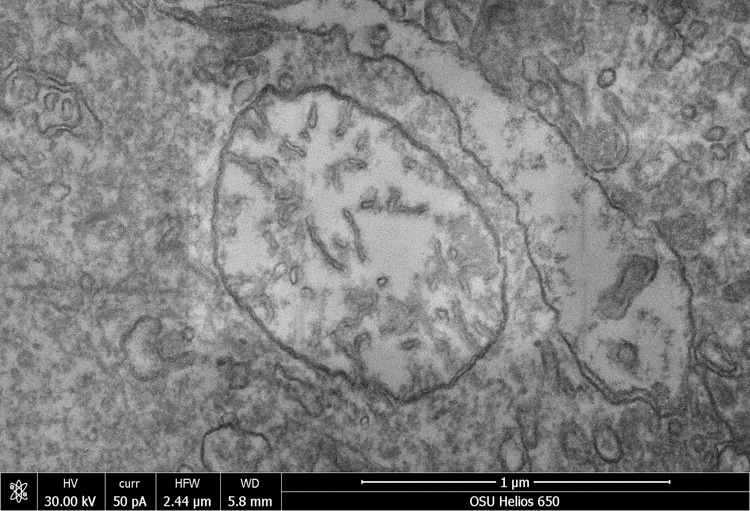
Photo: Stephen Atkinson (CC BY 4.0)
This organism lacks a mitochondrial genome necessary for aerobic respiration and instead relies on nutrient absorption from its host.
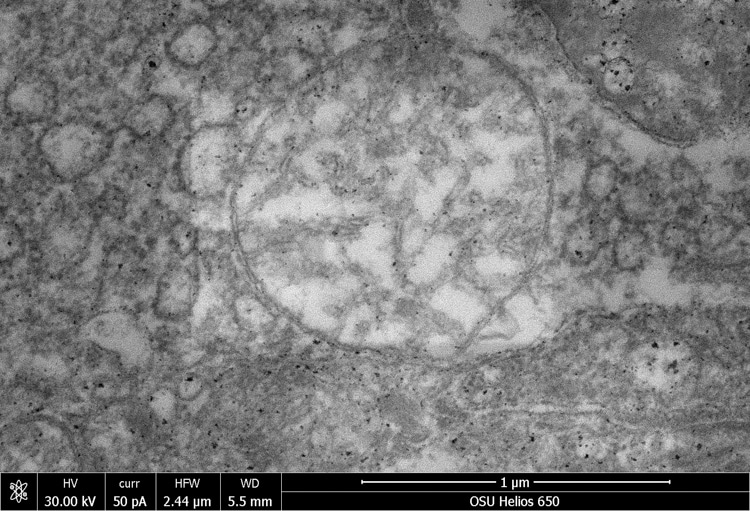
Photo: Stephen Atkinson (CC BY 4.0)
The research emphasizes the adaptability of biological systems under environmental pressures and suggests possibilities for life in extreme regions, including space.
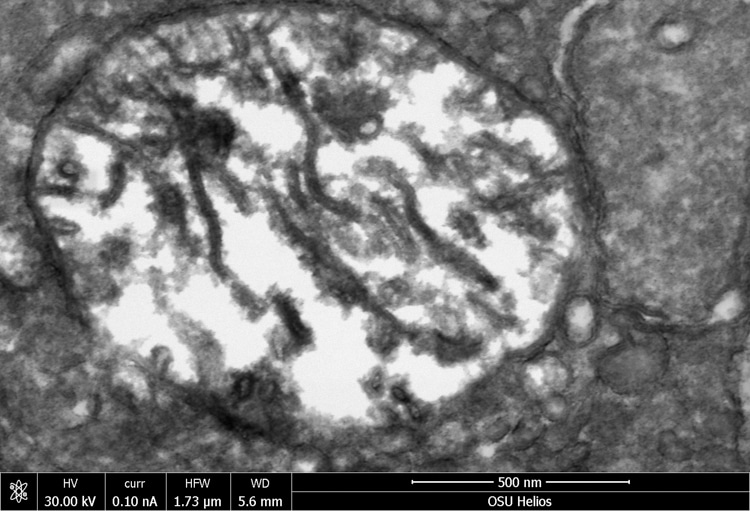
Photo: Stephen Atkinson (CC BY 4.0)
h/t: [ScienceAlert]
Related Articles:
Scientists Discover and Photograph New Deep-Sea Species Called ‘Barbie Pigs’
28 Strange Animals You Didn’t Know Existed
Rare Glass Octopus Is Captured on Video by Deep-Diving Researchers











































































